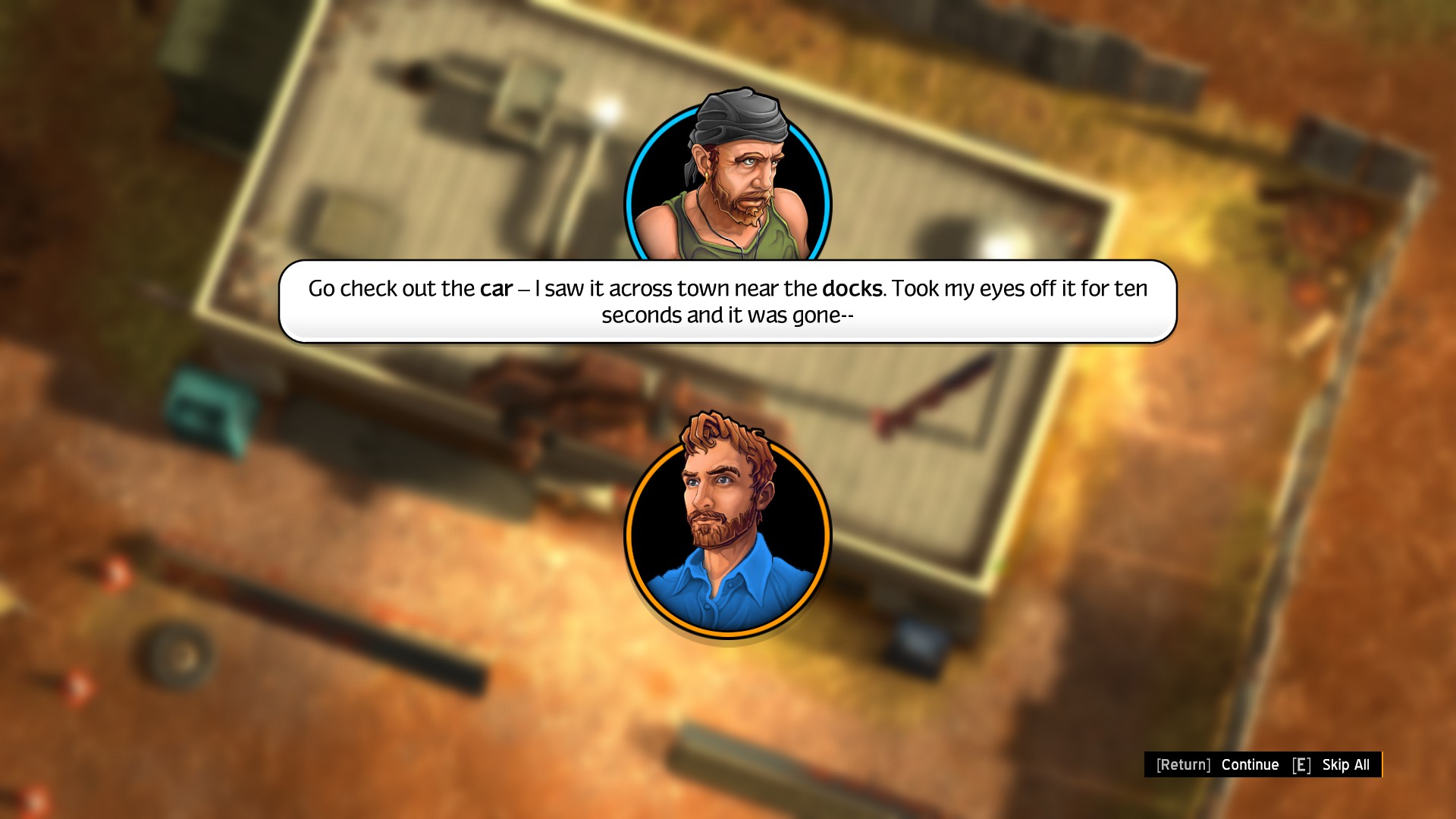Cross-Play: Seamless or a Mess?
Introduction
Cross-play, the ability for gamers on different platforms to play together, has become a hot topic in the gaming industry. While it promises a more connected gaming experience, its implementation has been met with both enthusiasm and frustration. Is cross-play truly seamless, or does it introduce more problems than solutions? This article explores the benefits, challenges, and future of cross-play in modern gaming.
The Rise of Cross-Play
Cross-play was once a rarity, with most games restricting multiplayer interactions to players on the same platform. However, with the growing demand for interconnected gaming experiences, developers and publishers have increasingly embraced cross-platform functionality.
Games like Fortnite, Call of Duty: Warzone, and Rocket League have led the charge, proving that cross-play can work effectively. The success of these titles has pushed other developers to consider cross-play as a standard feature rather than an exception.
The Benefits of Cross-Play
1. Larger Player Bases
One of the biggest advantages of cross-play is the ability to merge player pools. Smaller communities on less popular platforms benefit from having more opponents and teammates, reducing matchmaking times and keeping games alive longer.
2. Friends Can Play Together
Gamers no longer need to own the same console or PC to play with friends. A PlayStation player can team up with an Xbox or Nintendo Switch user, breaking down traditional platform barriers.
3. Longer Game Lifespan
By combining players from multiple platforms, games maintain active communities for longer periods. This is especially crucial for multiplayer-focused titles that rely on a steady player base.
4. Competitive Fairness (When Done Right)
When properly balanced, cross-play ensures that no platform has an inherent advantage. Input-based matchmaking (e.g., separating mouse-and-keyboard players from controller users) helps maintain fairness.

The Challenges of Cross-Play
Despite its benefits, cross-play is not without its issues.
1. Technical Difficulties
Different platforms have varying hardware capabilities, network infrastructures, and update schedules. Synchronizing gameplay, patches, and server stability across all platforms can be challenging.
2. Balancing Issues
Certain input methods (like mouse-and-keyboard) can provide an advantage in competitive shooters, leading to frustration among controller players. Some games address this with input-based matchmaking, but not all implement it effectively.
3. Platform Restrictions
Not all companies are eager to embrace cross-play. Sony, for example, was initially resistant to allowing PlayStation players to compete with Xbox and PC users. While this stance has softened, some games still lack full cross-play support due to corporate policies.
4. Cheating and Security Risks
PC gaming, in particular, faces issues with hackers and cheaters. When cross-play is enabled, console players may be exposed to these risks, leading to calls for optional cross-platform matchmaking.
The Future of Cross-Play
As technology improves and player demand grows, cross-play is likely to become a standard feature in most multiplayer games. However, developers must address key challenges:
- Better Anti-Cheat Systems – Ensuring fair play across all platforms.
- Improved Matchmaking – Balancing skill levels and input methods effectively.
- Full Cross-Progression Support – Allowing players to carry progress between platforms seamlessly.
Conclusion: Seamless or a Mess?
Cross-play has the potential to revolutionize gaming by creating a truly unified experience. While there are hurdles to overcome—such as balancing, security, and corporate resistance—the benefits outweigh the drawbacks. With continued refinement, cross-play can evolve from a sometimes-messy experiment into a seamless standard for multiplayer gaming.
The future of gaming is interconnected, and cross-play is leading the charge. The question isn’t whether it will become the norm, but how well it will be implemented.
Tags: #CrossPlay #Gaming #Multiplayer #GameDevelopment #OnlineGaming #PCGaming #ConsoleGaming


















